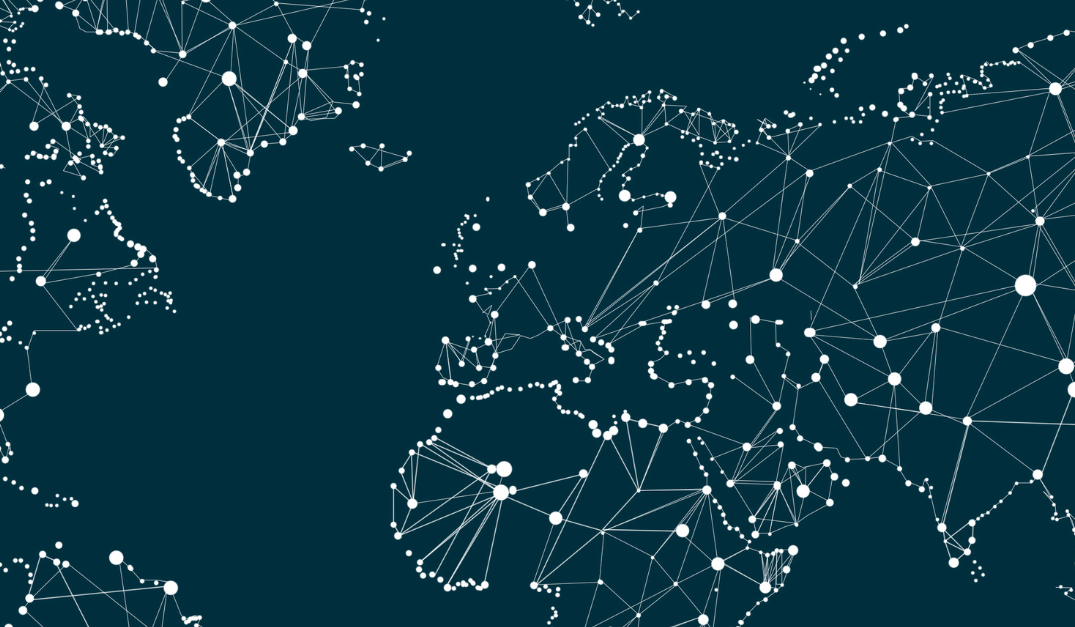An International Comparison of Discipline Integration of the Commercial Contract Cheating Industry
DOI:
https://doi.org/10.30827/relieve.v29i2.29227Keywords:
contract cheating, essay mills, academic integrityAbstract
Commercial contract cheating, the act of requesting a third party to complete an assignment for payment, is a growing industry and poses a problem that academic institutions are trying to tackle internationally. The reach of the industry in nine fields of education and across four locations – Australia, the United Kingdom, Canada, and the United States – are analysed through an automated data-gathering process on a total of 4032 Google searches and with the help of a machine learning model trained to identify which results are essay mills. 49% of all results are found to be essay mills, 3247 of which results are found to be paid advertisements despite this being against Google’s advertising policies. The fields of Arts and Humanities and Education are found to be at the highest risk of further exploitation by the industry. The paper concludes by recommending that the educational community continues to monitor the reach of the contract cheating industry and that it considers solutions to further promote academic integrity.
Downloads
References
Ahsan, K., Akbar, S., & Kam, B. (2022). Contract cheating in higher education: a systematic literature review and future research agenda. Assessment & Evaluation in Higher Education, 47(4), 523-539. https://doi.org/10.1080/02602938.2021.1931660
Clarke, R., & Lancaster, T. (2006). Eliminating the Successor to Plagiarism? Identifying the Usage of Contract Cheating Sites, Proceedings of Second International Plagiarism Conference
Curtis, G., Clare, J., Rundle, K., Eaton, S., Stoesz, B., & Seeland, J. (2022). Contract Cheating: An Introduction to the Problem. Contract Cheating in Higher Education. https://doi.org/10.1007/978-3-031-12680-2_1
Eaton, S., Stoesz, B., & Seeland, J. (2022). Listening to ghosts: A qualitative study of narratives from contract cheating writers from the 1930s onwards. Contract Cheating in Higher Education: Global Perspectives on Theory, Practice, and Policy, 271-286. https://doi.org/10.1007/978-3-031-12680-2_18
Ellis, C., Zucker, I., & Randall, D. (2018). The Infernal Business of Contract Cheating: Understanding the Business Processes and Models of Academic Custom Writing Sites. International Journal for Educational Integrity. https://doi.org/10.1007/s40979-017-0024-3
Lancaster, T. (2016). Are All of Our Students Completing Their Own Work? Examining Contract Cheating Within the Computing Discipline. https://www.slideshare.net/ThomasLancaster/are-all-of-our-students-completing-their-own-work-examining-contract-cheating-within-the-computing-discipline-london-metropolitan-university-120216
Lancaster, T. (2019). Social Media Enabled Contract Cheating. Canadian Perspectives on Academic Integrity 2, 7-24. https://doi.org/10.11575/cpai.v2i2.68053
Lancaster, T. (2020). Academic Discipline Integration by Contract Cheating Services and Essay Mills. Journal of Academic Ethics 18, 115–127. https://doi.org/10.1007/s10805-019-09357-x
Lancaster, T., & Clarke., R. (2016). Contract Cheating: The Outsourcing of Assessed Student Work. Handbook of Academic Integrity, 639-654. https://doi.org/10.1007/978-981-287-098-8_17
Newton, P. (2018). How Common Is Commercial Contract Cheating in Higher Education and Is It Increasing? A Systematic Review. Frontiers in Education. https://doi.org/10.3389/feduc.2018.00067
OECD. (2020). Number of Students Enrolled in Different Education Programmes by Field and Sex. https://stats.oecd.org/Index.aspx?DataSetCode=EDU_ENRL_FIELD

Downloads
Published
How to Cite
Issue
Section
License
Copyright (c) 2023 RELIEVE – Electronic Journal of Educational Research and Evaluation

This work is licensed under a Creative Commons Attribution-NonCommercial 4.0 International License.
The authors grant non-exclusive rights of exploitation of works published to RELIEVE and consent to be distributed under the Creative Commons Attribution-Noncommercial Use 4.0 International License (CC-BY-NC 4.0), which allows third parties to use the published material whenever the authorship of the work and the source of publication is mentioned, and it is used for non-commercial purposes.
The authors can reach other additional and independent contractual agreements, for the non-exclusive distribution of the version of the work published in this journal (for example, by including it in an institutional repository or publishing it in a book), as long as it is clearly stated that the Original source of publication is this magazine.
Authors are encouraged to disseminate their work after it has been published, through the internet (for example, in institutional archives online or on its website) which can generate interesting exchanges and increase work appointments.
The fact of sending your paper to RELIEVE implies that you accept these conditions.













